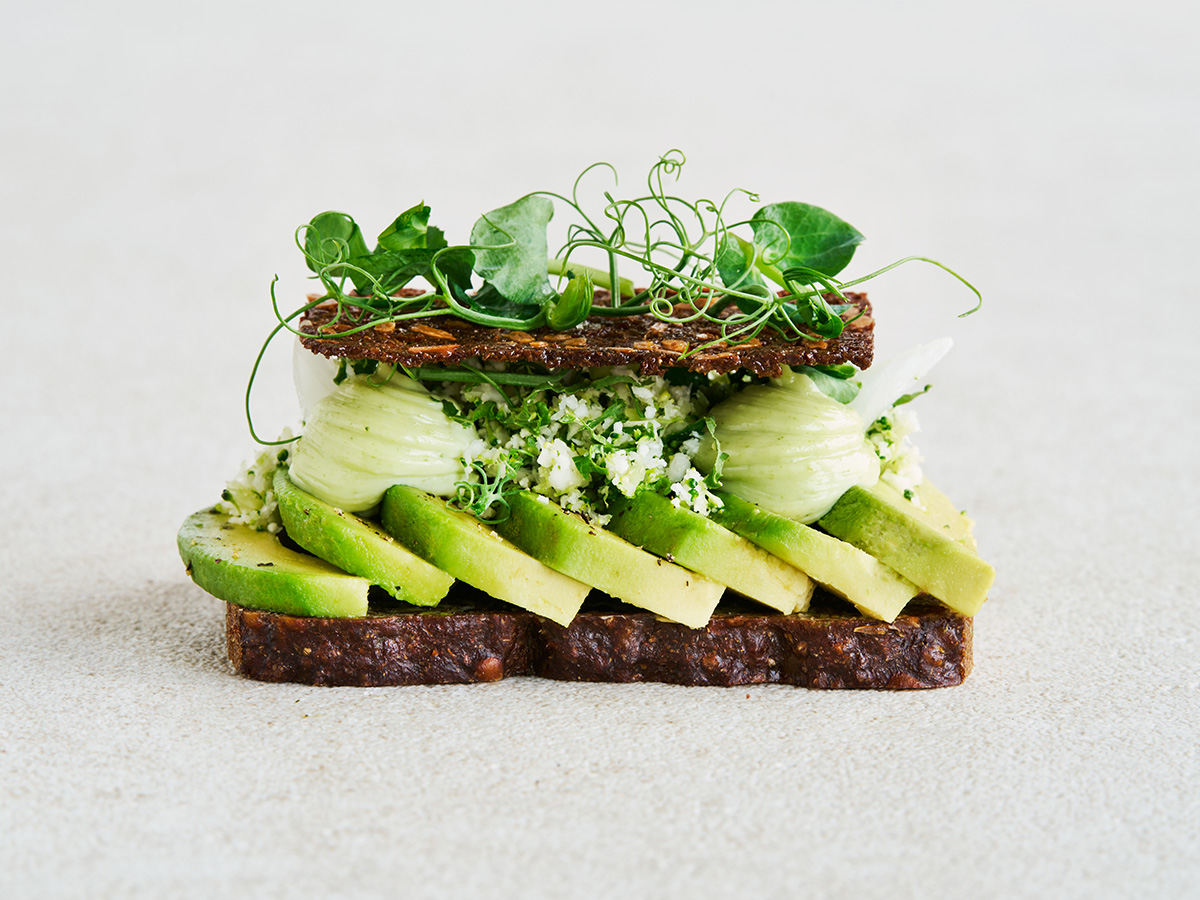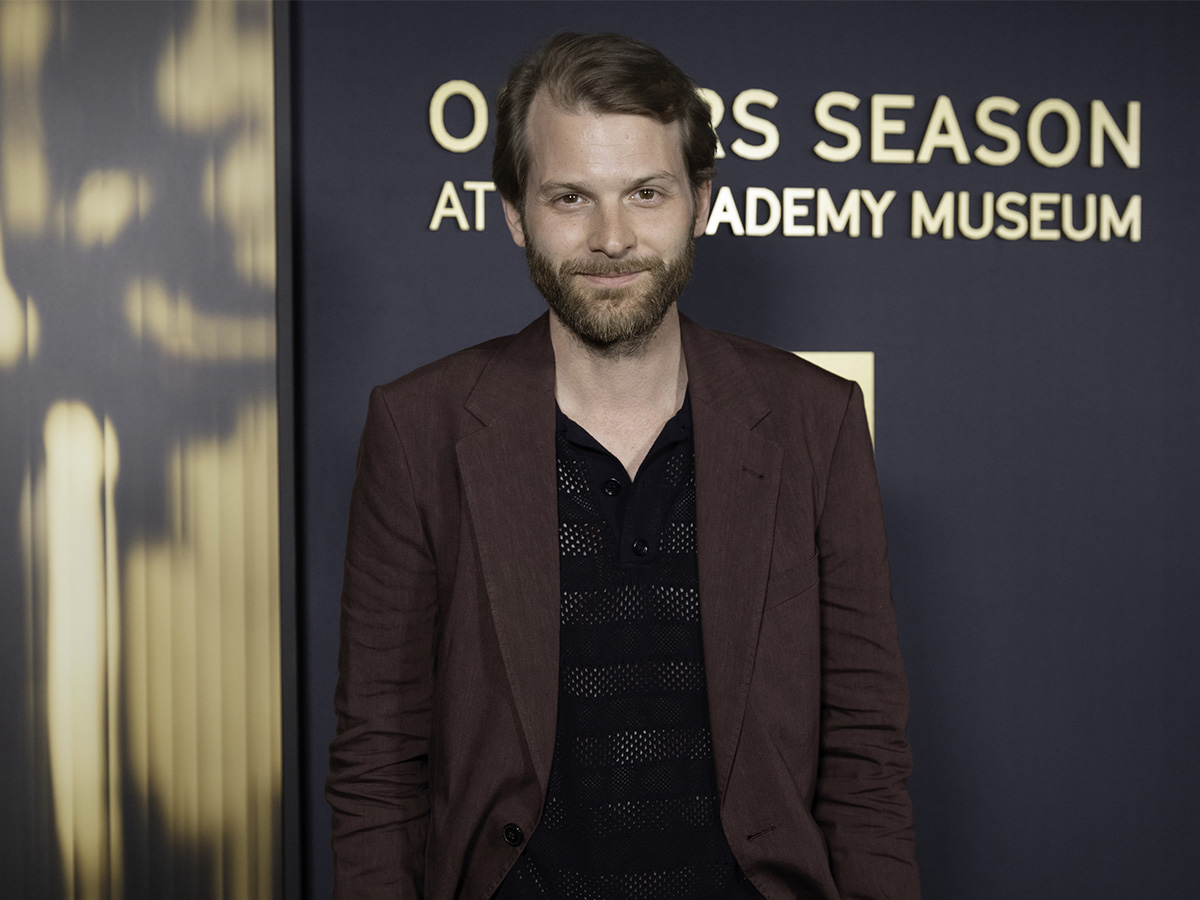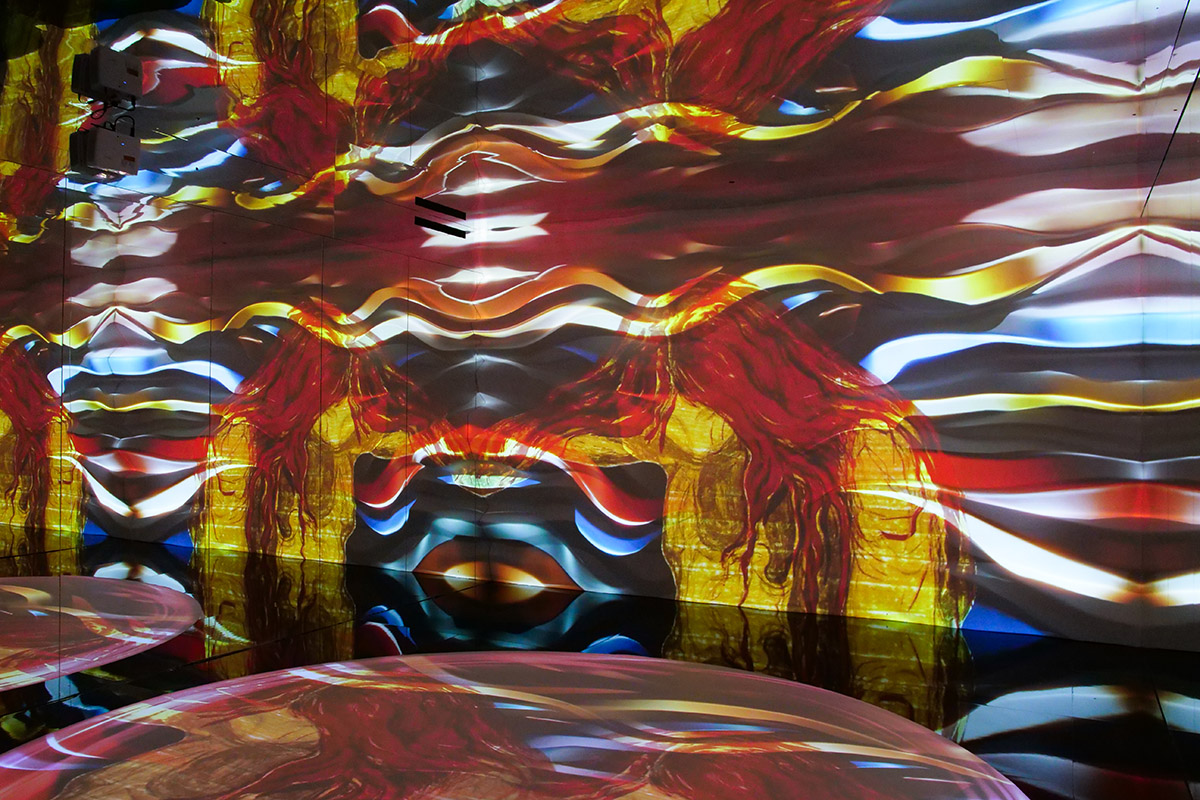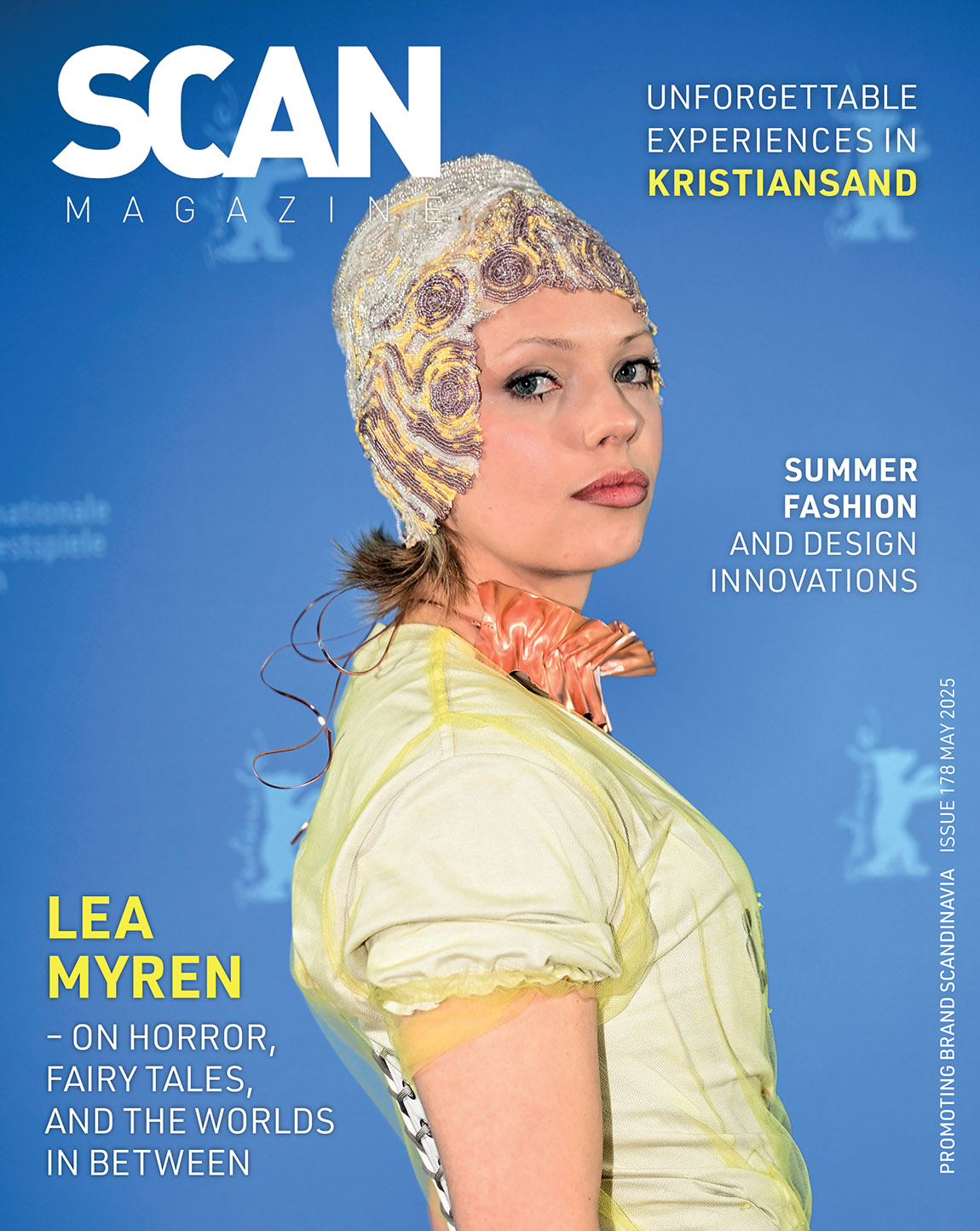Diversity as a core value in Nordic film and TV in 2024
By Anders Lorenzen
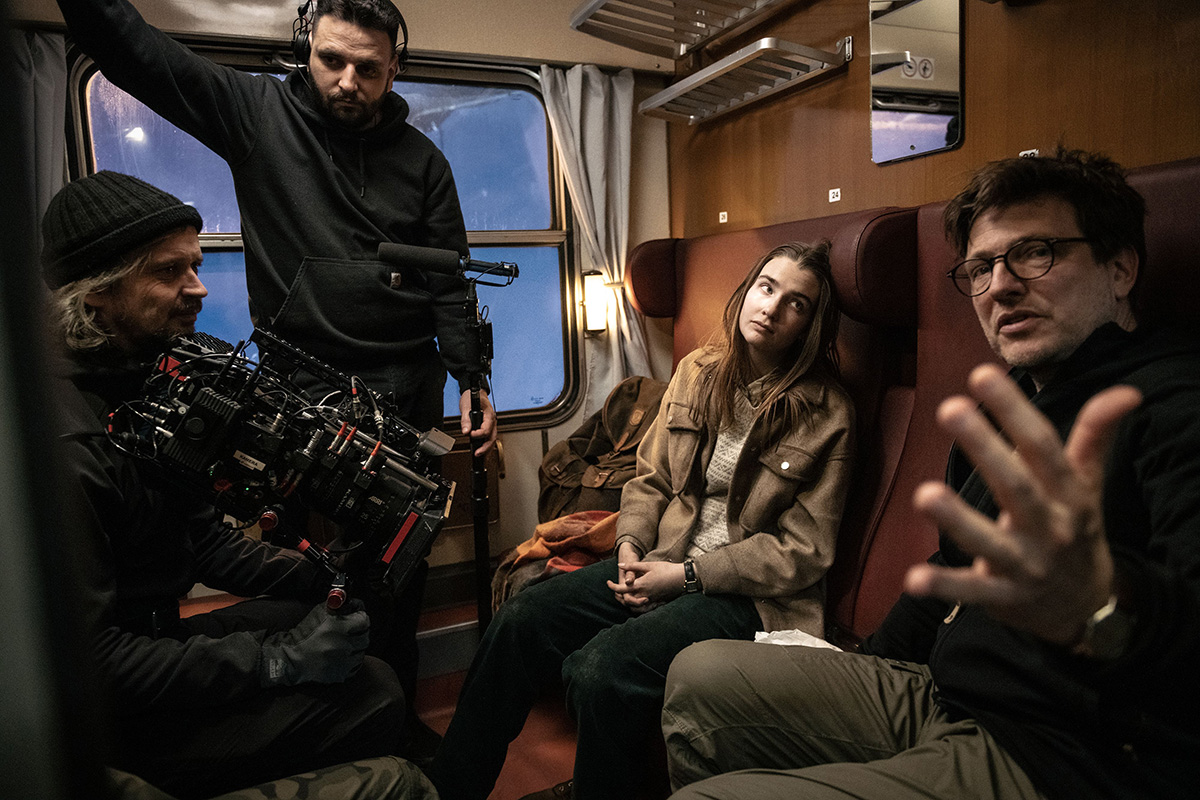
Families Like Ours. Photo: Julia Vrabelová, Zentropa
As our calendars are now reading 2025, we take a look at what happened in film and TV in the Nordics last year.
In March last year, we published our first column dedicated to Nordic film and TV. While we have reported on some trends and new releases, the region is, of course, not immune to the global challenges faced by the industry. Reduced spending by large streaming giants such as Netflix has impacted the Nordic countries to a certain degree, however the region was less impacted by the SAGFRA strike.
Despite this, there were several significant and high-profile Nordic Netflix releases in 2024, while previous releases are still available on the platform, for instance Quicksand (2019) and Lilyhammer (2012). Nordic filmmakers continue to push the boundaries, exploring new genres and storytelling approaches instead of relying on known successes. What sets the region apart is the continued strong collaborations between countries.
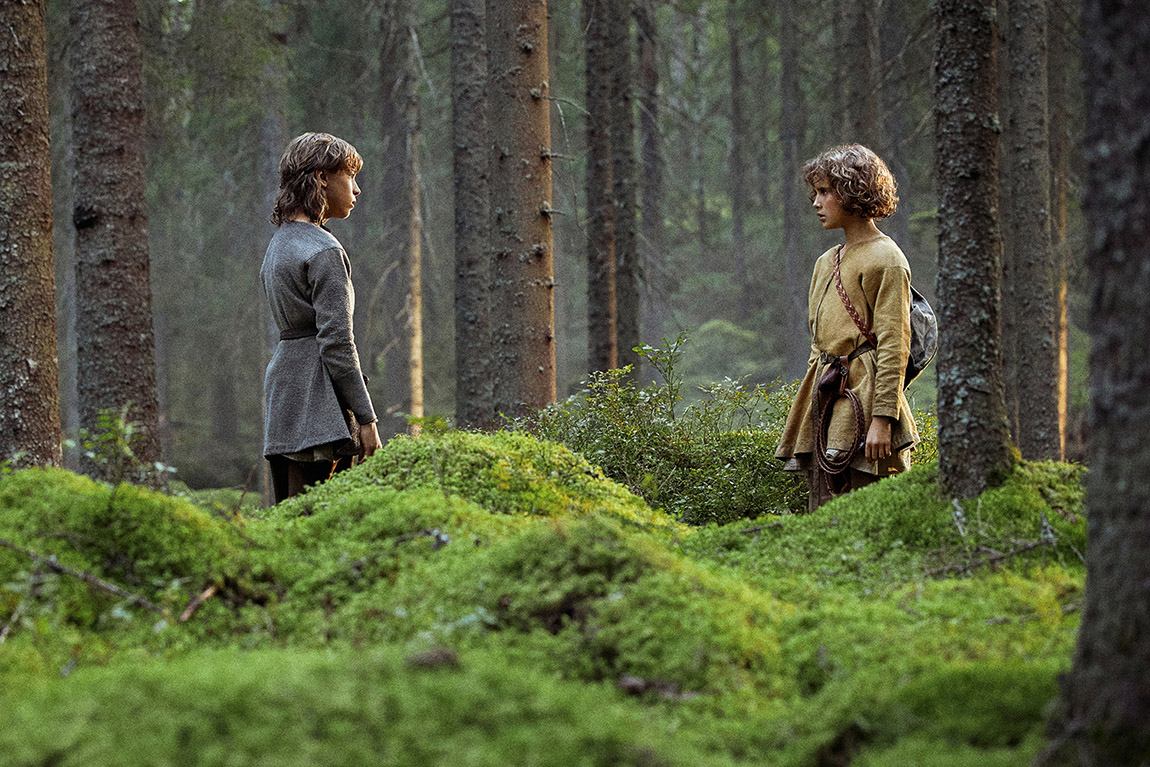
Ronja, the Robbers Daughter. Photo: Audrius Solominas
Driving sustainability in challenging times
The region is also world-leading in integrating and pushing sustainability initiatives and challenging global filmmakers to reduce carbon footprints, which aligns with how the Nordic countries are seen as international leaders in tackling the climate crisis.
At the end of 2023, a joint sustainability pledge was launched and signed by 19 film commissions. This was unveiled through the Nordic Film Commissions (NFC) with the aim of encouraging and supporting national and international productions so that they will adopt sustainable practices when filming in the Nordic region.
The long-term objective is to align with the existing Nordic sustainability initiative Green Producers Club, the European initiatives Green Film, We Are Albert, and the European Booklet for Green Productions. Sustainability in film and TV has two strands: one is to reduce CO2 emissions of productions and facilities, and the other is to integrate the climate crisis into film and TV storylines.
On the latter note, it is impossible not to mention Families Like Ours (Familier som Vores), the Danish TV series co-produced with five other European countries. This groundbreaking series has the climate crisis at the storyline’s core. It also signals how large-scale productions are possible in the region, with the right collaboration partnerships and government policies. It is the production company Zentropa’s most expensive project, being shot in six different European countries and featuring an international cast.
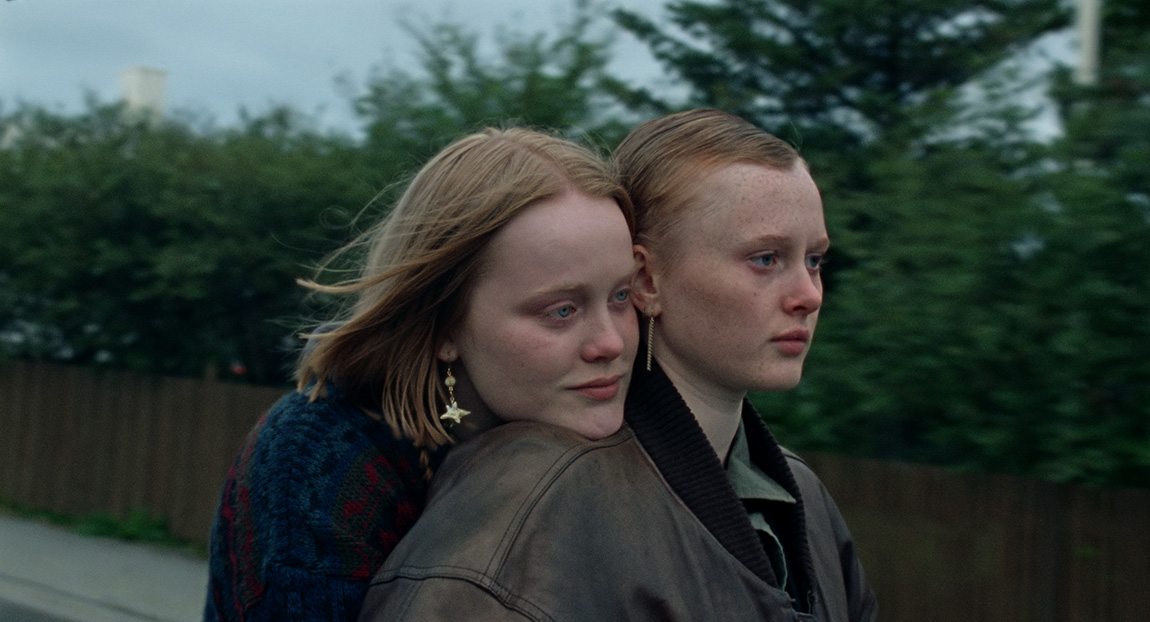
When the Light Breaks.
Western, the prison system and young adults
More interesting Nordic productions include The Promised Land (Bastarden), as unusual as a Danish western. It was Denmark’s most high-profile film in 2024 and the country’s submission to the Academy Awards, where it made a shortlist of 15 nominations. The storyline is set in 1755 and centres around the cultivation of barren Jutland (the only part of Denmark that is not an island).
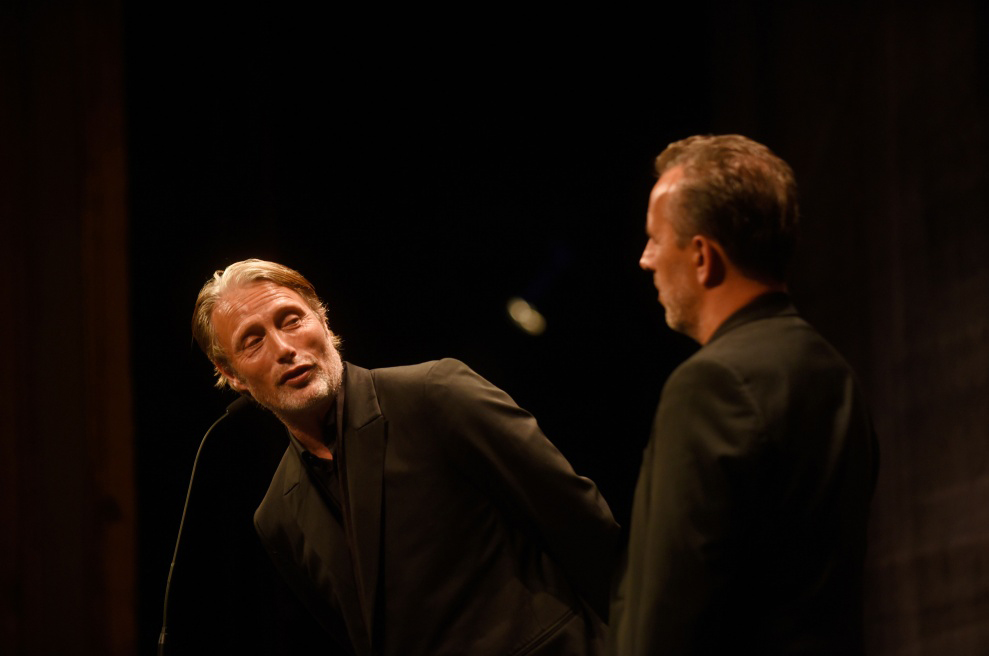
The Promised Land, Mads Mikkelsen & Nikolaj Arcel. Photo: San Sebastiona Film Festival, Gari Garaialde
In another large-scale production, Netflix brought Ronja, the Robber’s Daughter (Ronja Rövardotter), to a global audience. The 12-episode fantasy adventure is based on the book about Ronja by famous Swedish children’s author Astrid Lindgren, and perhaps one of her lesser-known works outside the Nordics.
Nordic titles released last year exemplify that the countries continue to take on controversial subjects that could easily backfire. Quite the opposite is happening, as titles win international accolades and praise. One example is Norwegian director Dag Johan Haugerud’s Sex, a brave tale of gender roles exploring toxic masculinity. The film is the first in a trilogy, with the second instalment, Dreams, currently in production, and it will be completed with Love.
On this same theme, the Swedish teen and coming-of-age TV series A Part of You (En del av dig), which premiered on Netflix in 2024, also deserves to be mentioned. The directional debut of producer and editor Sigge Eklund touches on teenage heartbreaks, jealousy, and how to relate to the world when suddenly having to deal with grief.
In Four Little Adults (Neljä pientä aikuista), Finnish director Selma Vilhunen also picks up a controversial subject, but one that is time-appropriate in today’s society: polyamory. The plot follows a middle-aged couple who, in the middle of an infidelity crisis, decide on an open marriage and venture into polyamory.
Icelandic director Rúnar Rúnarsson is also breaking new ground and challenging trends with When the Light Breaks (Ljósbrot), a stylised film shot on 16mm film, rare in today’s filmmaking. This is a love story that also touches on loss and acceptance. It picked up nominations at Cannes and Munich film festivals.
The Swedish/Danish co-production Sons (Vogter), a thriller directed by Swedish Gustav Möller and featuring Danish Sidse Babett Knudsen, is a good example of collaboration between the Nordic countries. It incorporates another controversial theme, around the prison system. Babett Knudsen portrays a prison officer who faces the dilemma of her life when the murderer of her son is transferred to the prison where she works.
In the critically acclaimed Danish TV series Prisoner (Huset), the storyline centres around the shocking scenes inside a fictional run-down prison. The series aired in Denmark in 2023 and made its international debut in 2024, acquired by both BBC and Canal+. We explored some of the themes discussed in the film with one of the two main actors, the rising star Youssef Wayne Hvidtfeldt, in our January issue last year.
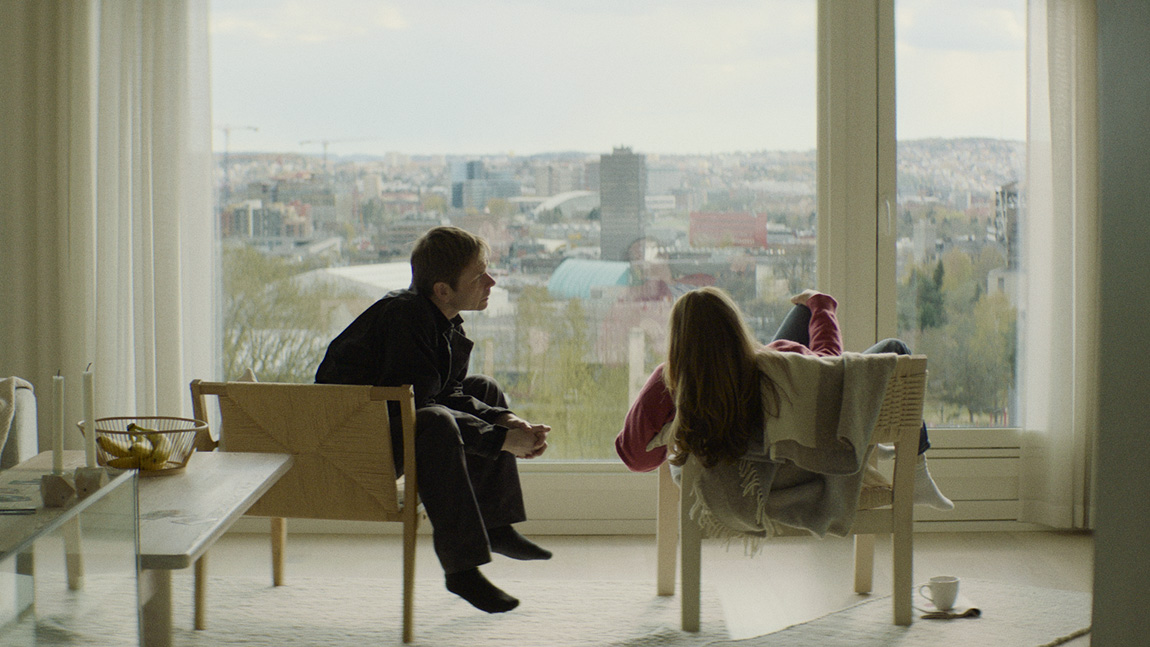
Sex.
Nordic releases, more than crime drama
The mentioned titles are, of course, only some of the many Nordic releases in 2024. They display diversity and do not avoid controversial subjects. This characterises film and TV in the Nordics, celebrated by film and TV fans, critics, international film festivals, broadcasters, and streaming platforms worldwide. Until recently, crime drama was the unique feature of Nordic film and TV. Today the region represents much more, which contributes to the strength of the industry.
While the global film and TV landscape is unpredictable, with constantly changing viewing trends, 2024 was a decent year for the Nordic countries. The diversity of productions and strong partnerships have contributed to the sector being in a much better state than in many other countries.
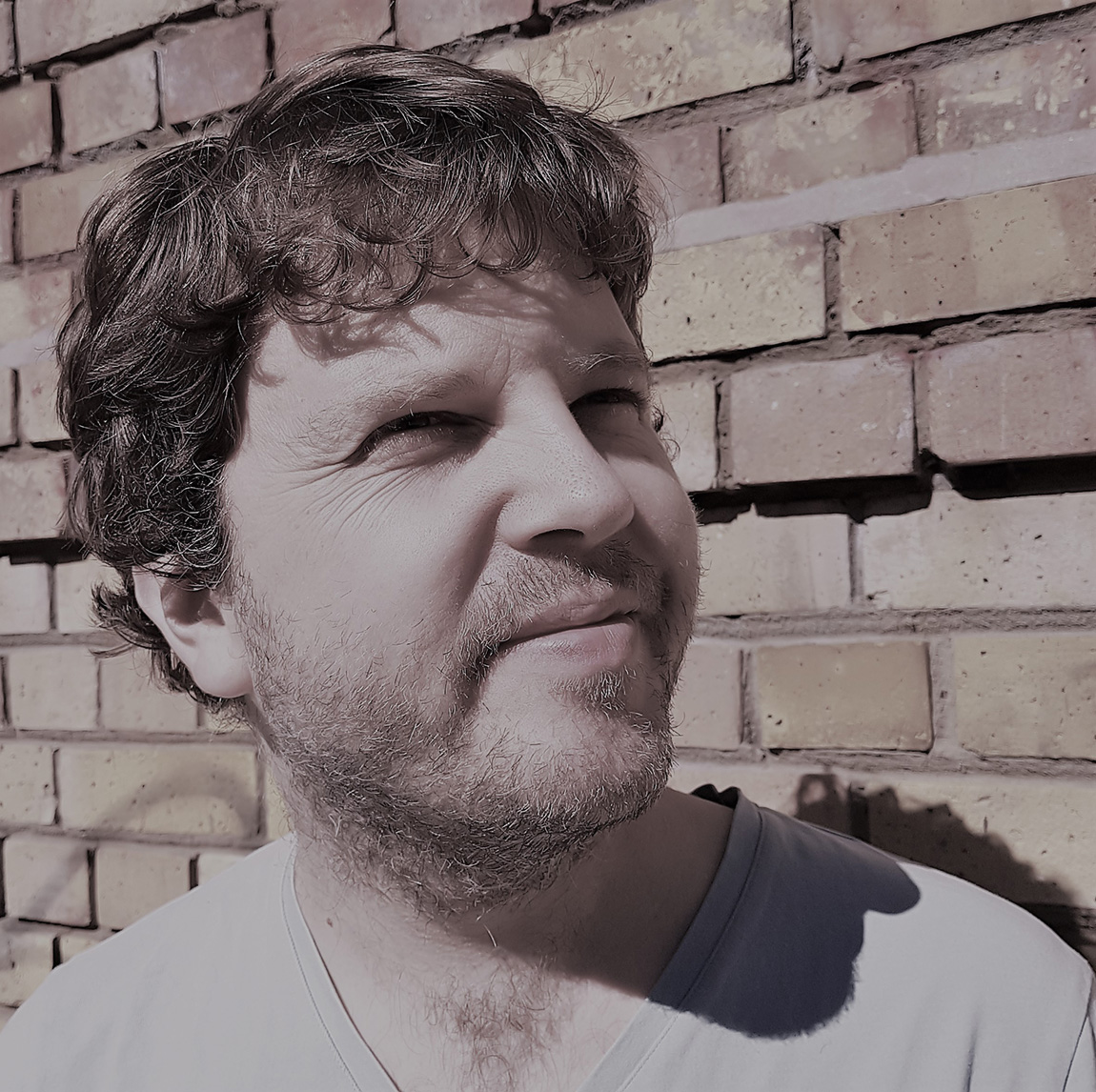
Anders Lorenzen is a Danish blogger and film and TV enthusiast living in London.
Subscribe to Our Newsletter
Receive our monthly newsletter by email


